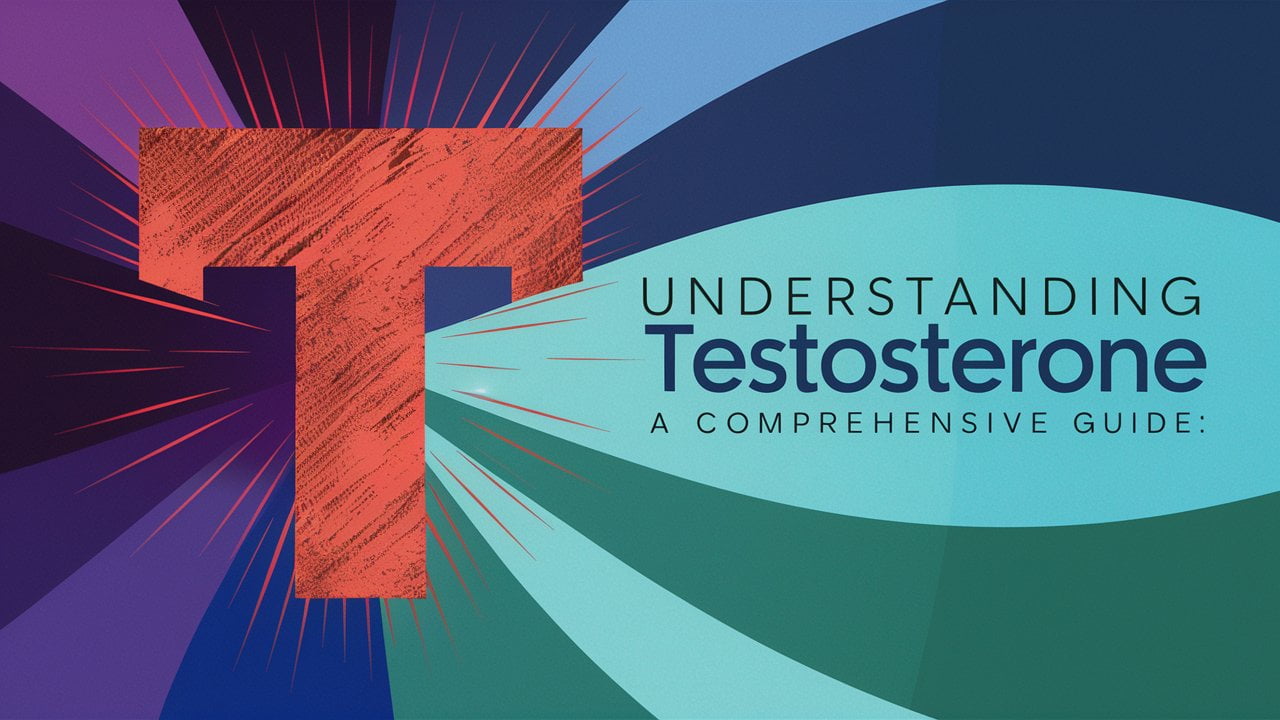
Testosterone is an important hormone that affects many aspects of human health. Here we will discuss what testosterone is, what it does in the body, and how it is produced, among other topics.
Introduction to Testosterone
Definition
Testosterone is a steroid hormone principally synthesized in men’s testes and to a smaller extent also in women’s ovaries; categorized as an androgen or male sex hormone responsible for developing typical male characteristics such as muscle mass and strength development during adolescence.
Significance within the Body
Known colloquially considering its primary association with manliness or boyhood traits but necessary for both genders because this chemical compound influences bone density, muscle mass distribution as well libido amongst other functions too. During puberty, testosterone plays a vital role in boys’ growth spurt leading to deepening of voice alongside other secondary sexual features like facial hair growth pattern change etcetera while in girls it enhances reproductive system maturation together with sexual desire thus contributing towards overall ovarian function development which eventually affects wellness through better bone health maintenance combined with improved sexual satisfaction levels.
Brief Summary of Testosterone Functions
Sexual development control affects mood as well as cognitive function, testosterone is described by its far-reaching impact on general health. It stimulates the growth and maintenance of muscle tissue; it also stimulates red blood cell production as well as metabolic processes. Moreover, emotional wellness is also affected by this hormone; energy levels are influenced apart from sexual function in males together with females.
Comprehending Testosterone Levels
What Are Normal Testosterone Levels?
The range of optimal amounts for testosterone varies according to age groups and genders where usual figures lie between 300 ng/dL – 1000 ng/dL among men. During adolescence stage when boys experience a sudden increase in their masculine features such as growing beards or deepening voices due to this hormone’s activity within them which also leads to an increase in muscle mass. For girls however much lower than that but still necessary for good reproductive health including desire.
Factors Affecting Testosterone Levels
Different things like how old someone is; what family they come from; lifestyle choices made over time (e.g., smoking cigarettes); and even having certain diseases might affect someone’s ability to make enough testosterone naturally or use it properly if taken externally through injections, etc.. With advancing years, there comes a decline of male sex hormones which manifests through reduced strength together with tone of body muscles among other symptoms like impotence caused by lower libido.
Symptoms of decreased levels of testosterone
Lower muscle mass, tiredness, low sex drive, and mood swings are all frequent indications of reduced amounts of testosterone (low-T). In males, this hormone can also create erectile dysfunction, loss of body hair, and osteoporosis. Females experiencing a deficiency in testosterone may notice that they have less interest in having sex, their menstrual cycles become irregular or stop altogether for a while, and vaginal dryness sets in.
Results from too much testosterone
Although it can amplify muscle growth as well as enhance sexual function and boost energy levels; high amounts may lead to aggressiveness, and acne among other side effects. For men with abnormally high levels(hypergonadism), there is an increased risk for enlarged prostates which cause urinary problems such as weak streams or frequent need to urinate, especially at night – this condition might be mistaken for cancerous growths and hence should not be ignored. Other signs include balding patterns associated with males along with infertility due to disrupted/abnormal sperm development; women might experience abnormal hair growth on various parts of the body like the chest area known as hirsutism plus acne besides irregular periods.
Testosterone Production
Anatomy Of The Testes
Within males’ bodies, these organs are mainly responsible for testosterone synthesis whereby they consist of specialized cells called Leydig cells found in interstitial tissue surrounding them. These Leydig cells respond to pituitary gland instructions by producing higher amounts of testosterone when signaled so by the brain through secretion hormones into the bloodstream during adolescence years until old age sets in.
Endocrine System and Hormonal Regulation
The hypothalamus and pituitary gland control the production of testosterone through a multi-step feedback loop that includes gonadotropin-releasing hormone (GnRH) and luteinizing hormone (LH). Once it is released by the hypothalamus, LH causes Leydig cells to produce this male sex hormone. The body employs feedback mechanisms to keep levels within normal limits and make them react accordingly to different situations.
Process of Testosterone Synthesis
Cholesterol is first transformed into pregnenolone during steroidogenesis which serves as an intermediate molecule for making other hormones including testosterone. Then, pregesterone comes from pregnenolone which acts as another precursor in this pathway. Numerous biochemical reactions take place inside Leydig cells where enzymes convert progesterone into testosterone.
Factors Influencing Testosterone Production
Age, stress levels, dieting, and exercise are among the many things that can slow or speed up the making of testosterone. A few hours of sleep per night, bad food choices and always feeling anxious can lower testosterone; however regular workouts, and healthy eating habits paired with stress management techniques might help maintain optimal levels. Moreover, hormonal imbalances may disrupt synthesis as well as release of testosterone alongside other medical conditions and drugs that affect it should be considered too.
Effects of Testosterone
Physical Effects
Muscle Mass and Strength
In order to increase muscle mass as well as strength, testosterone helps in protein synthesis. Growth hormone production is kick-started by it alongside IGF-1(insulin-like growth factor one) that are important for muscle repair and growth.
Bone Density
To prevent osteoporosis and maintain bone density, testosterone is crucial. Osteoblast activity is promoted by this hormone which stimulates the formation of bones while at the same time inhibiting osteoclast function responsible for breaking down bone tissues.
Facial And Body Hair Growth
During puberty, hair follicles are activated to grow facial & body hairs through the influence of Testosterone on them. Terminal hair development which is thicker or darker than vellus hair occurs because of this.
Deepening Of Voice
In males, Testosterone causes the thickening of vocal cords hence a deeper voice. Lower-pitch voices result from longer & thicker vocal cords due to heightened levels of this hormone during adolescence.
Psychological Effects
Mood Control
A person’s mood can be affected by the amount of testosterone in their body; this could result in feelings of depression or being easily angered. Neurotransmitter systems, including serotonin, dopamine, and norepinephrine, that are involved with mood regulation are influenced by testosterone.
Sexual Desire
There is a strong connection between libido and testosterone levels in both males and females. By acting on brain areas responsible for sexual motivation as well as reward processing during sex drive; it intensifies sexual motivation. When there is not enough testosterone produced this can cause loss of desire for sex or sexual dysfunction.
Thinking Abilities
Testosterone might play some part in memory recall skills and spatial cognition according to studies done on rats so far. Different parts of the brain that deal with attention span, memory formation executive functions have receptors that detect testosterone but we do not yet know how it works at these places related to cognitive function- such as whether there is direct action or indirect effect through another mediator.
Testosterone in Males Versus Females
Testosterone Levels
Although commonly known as the “male hormone,” testosterone is present in both men and women, though quantities differ. Normally, men have higher levels because their testes produce most of it; however, women generate small amounts within their ovaries and adrenal glands.
What Testosterone Does In A Man And Woman’s Body
During male puberty, testosterone prompts the growth of secondary sexual characteristics like muscle mass development, deepening voice or beard growth, etc… It also controls sperm production as well as sex drive and mood. On the other hand for females it helps with sexual desire; maintenance of bone health (which can be attributed to low estrogen); and increasing muscle mass among others such functions are necessary during the ovulation process where this hormone controls it alongside regulating the menstrual cycle.
Functions And Effects
The basic roles played by testosterone in the bodies of both sexes are similar but there may be differences in terms of effects due to hormonal imbalances and physical constitutions between them. A slight change such as a slight elevation or drop-down is enough to decrease libido levels significantly together with affecting energy; moreover, moods become easily irritable especially among ladies because they experience more swings than guys do so even a very small fluctuation affects them greatly. For all ages sexual function needs adequate amounts of this compound hence absence would lead to poor performance not only when it comes to sex but also during exercises like weight lifting which require strong bones maintained by a regular supply of testosterone throughout life for males.
Testosterone Supplements and Therapies
Types of Testosterone Supplements
Synthetic Testosterone
Anabolic steroids commonly known as synthetic testosterone are used in the treatment of conditions like delayed puberty among others. They can be injected, applied as patches or gels and implanted under the skin.
Natural Boosters
These supplements contain herb extracts, vitamins plus minerals thought to stimulate the production of testosterone naturally. Nevertheless, their effectiveness is always under debate hence not everyone may benefit from them.
Therapeutic Uses
Hormone Replacement Therapy (HRT)
Hormone replacement therapy is a common treatment for men who have low levels of testosterone due to hypogonadism – a condition that occurs when the testes fail to produce enough hormones. In this case, external hormones are administered so as to raise these levels back up again thereby reducing fatigue along with other symptoms such as decreased sexual desire and weak muscles.
Treatment for Low Testosterone (Low-T)
Lifestyle changes including diet modification and exercise can help manage low testosterone; however medical options like testosterone replacement therapy (TRT) also exist. The goal of TRT is to increase serum T levels so as to improve associated symptoms such as erectile dysfunction and lack of energy.
Risks and Side Effects
Potential Risks of Testosterone Therapy
Although it may help those with low levels of this hormone, the procedure still has some downsides. The general side effects caused by testosterone therapy include acne, fluid retention or swelling, increased count of red blood cells, and mood swings. Also, prolonged use can result in such problems as heart attacks; enlarged prostate glands leading to difficulty in passing urine, or sleeping disorders known as sleep apnea among others.
Long-term effects
Research on what happens when people take testosterone for long periods is ongoing so more studies are required to find out everything about this matter. According to certain investigations carried out earlier; extended use might raise chances of getting heart diseases like myocardial infarctions (heart attacks), strokes (when blood supply to part brain stops), or cancer within prostate glands among other people who are susceptible. For that reason, anyone who decides going through the process should have regular checkups done alongside communicating any worries they might be having with their doctor.
Monitoring and Management
It is important that individuals receiving hormone replacement therapy regularly go for tests that assess their hormonal balance, blood pressure readings taken at different times throughout each day plus checking lipid profiles levels together with examining whether there could be any changes occurring within one’s prostate gland over time. This close monitoring must be done by an experienced medical practitioner because failure to do so may lead into misuse of these drugs thereby putting lives at risk unnecessarily – also adjustments need making sometimes depending upon how somebody reacts towards them or tolerates them.
Importance of Testosterone Testing
When to Get Tested
Testosterone should be tested for if a person has symptoms of low testosterone. Such signs include fatigue, reduced libido, weak muscles, and erectile dysfunction. It is also suitable for those with conditions that may lower testosterone such as obesity, type 2 diabetes mellitus, or hypertension (high blood pressure). In addition to that, routine screening or follow-up assessments in response to treatment could call for this procedure.
Testing Procedures
Typically done through a blood sample drawn from the arm vein which is then sent off to measure how much testosterone it contains; however other tests might be ordered along with it like free/bound T levels among others so as to get an accurate diagnosis about one’s hormonal balance vis-a-vis their overall wellbeing.
Interpretation of Test Results
The truth is that there’s no one-size-fits-all when it comes to interpreting these numbers because they vary depending on factors like age, sex, and general health. For instance, someone might have less than the normal amount but this does not necessarily mean anything until we know whether or not such persons exhibit symptoms of hypogonadism which would make these results relevant; similarly, someone can have more than what others consider “normal” yet remain asymptomatic therefore useless unless viewed against patient history and clinical context according to healthcare professionals.
Testosterone and Exercise
Impact of Exercise on Testosterone Levels
The regular practice of physical activities has the ability to positively affect the amount of testosterone present in the body. This is especially true for resistance and high-intensity interval training (HIITs) as they stimulate the production and release of this hormone resulting in increased muscle strength, endurance, and body composition.
Optimal Exercise Regimens for Testosterone Enhancement
Among weightlifting exercises, resistance training seems to be most effective in boosting test levels. For optimal results, it is recommended that a mix of compound movements like squats or deadlifts be combined with isolation exercises such as bicep curls or tricep extensions which target different muscle groups simultaneously.
Risks of Overtraining on Testosterone Levels
Though good for T levels, workouts can adversely affect them when carried out excessively. Overtraining may elevate cortisol while lowering testosterone synthesis thereby hampering recovery processes. It is therefore important that an individual balances between training volumes/intensities so as not only to enhance their hormonal profile but also their general well-being at large.
Testosterone and Aging
Age-Related Decline in Testosterone
Testosterone levels naturally reduce as men get older; this is sometimes referred to as male menopause or late-onset hypogonadism. This fall usually starts around the age of 30 and takes place at an estimated speed between one and two percent each year. Lower levels of testosterone due to aging can lead to decreased muscle mass, tiredness, reduced sexual desire, and alterations in mood.
Managing Testosterone Levels in Aging Population
Even though the decline in testosterone is unavoidable during old age there are certain lifestyle changes that can help alleviate its effects. Among the ways through which individuals in their golden years can maintain healthy levels of testosterone include engaging in regular physical exercises, eating well balanced diets, sleeping adequately managing stress as well quitting smoking plus limiting alcohol intake.
Health Implications of Low Testosterone in Elderly
In senior citizens, lower amounts of this hormone have been linked with increased chances of suffering from osteoporosis fractures heart diseases diabetes type II cognitive problems etcetera. It is possible that health outcomes among aged persons would be enhanced by addressing these deficiencies either through lifestyle modifications or testosterone replacement therapy (TRT).
Testosterone and Mental Health
Connection between Testosterone and Mental Well-being
Testosterone regulates mood, cognition, and emotional well-being in men as well as women. A person with low levels of this hormone may be at higher risk for depression, anxiety, irritability, and cognitive impairments too. Conversely though; through lifestyle changes or TRT (testosterone replacement therapy), mental health can be improved.
Testosterone’s Role in Depression and Anxiety
According to some research, there is a link between depressive symptoms or anxiety disorders and low testosterone levels. Depression treatment has shown that it helps with such symptoms in a few individuals but more studies need to be done before we know how safe and effective this would be for people suffering from these conditions.
Therapeutic Approaches Targeting Testosterone for Mental Health Disorders
In cases where patients diagnosed with the depressive disorder also have comorbid anxiety disorder diagnosed concurrently while presenting with lower than normal range serum total testosterone concentrations; consideration could be given towards adding testosterone replacement therapy to their current regimen of medications being used for treating both conditions simultaneously. However, each patient should always first assess the potential risks against benefits associated with any medical intervention such as this one thus carried out under close monitoring so that adverse events are identified early enough if they occur.
Testosterone and Sexual Health
Influence of Testosterone on Sexual Function
For both males and females, testosterone is important in sexual desire, arousal as well as performance. Libido maintenance, erectile function and sensitivity to sexual stimuli all require appropriate levels of testosterone. Loss of libido, erectile dysfunction and diminished sexual satisfaction can be caused by low levels of testosterone.
Treatment of Erectile Dysfunction with Testosterone Therapy
On men with low levels of testosterone which causes erectile dysfunctions (EDs), testosterone therapy can be useful. Bringing back the amounts close to or within the normal range; enhances the quality of an erection during sex, sexual pleasure, and general satisfaction with lovemaking according to treatment outcomes. However, not all cases respond to this treatment but there are still other methods available for curing EDs apart from using artificial hormones like T.
Other Sexual Health Concerns Related to Testosterone
Besides impotence; reduced semen volume production, delayed ejaculation time taken before releasing sperm into the vagina (or penis) as well as intensity reduction in orgasm are among some other issues related to low levels of the male hormone called T . These symptoms can be relieved by addressing them through lifestyle changes such as regular exercise programs which have been shown to increase natural production rates or alternatively using drugs that boost its secretion eg injections containing synthetic versions so as achieve an overall improvement in sexual health.
Testosterone and Chronic Diseases
Relationship between Testosterone Levels and Chronic Diseases
Testosterone levels have been shown to be related to the onset and progress of several kinds of chronic diseases, e.g., type 2 diabetes mellitus, obesity, metabolic syndrome X, heart attack or stroke (CVD), and osteoporosis. These conditions may have their pathophysiology worsened by low testosterone levels thereby making them more severe.
Impact of Diabetes, Obesity, and Cardiovascular Diseases on Testosterone
Inflammation along with insulin resistance as well as adipose tissue dysfunction brought about by chronic ailments like type two diabetes mellitus and obesity among others can decrease levels of testosterone due to this condition insulin cannot work well causing diabetes while increasing weight gain through fat storage which lead into further hormonal imbalances even in males where it should protect against such risks developing at all but fails because there is no balance between these two hormones so when one goes up another goes down leading us towards cardiovascular diseases like hypertension or atherosclerosis both affect production metabolism.
Therapeutic Approaches to Address Testosterone-related Complications
It’s important not only to increase male hormone amounts but also to treat general health disorders related to them. In order for individuals to achieve optimal levels of this vital substance and improve overall well-being various changes need to be made including losing excess pounds engaging in physical activities quitting smoking among others which will not only help alleviate symptoms arising from low T but also prevent other associated complications from occurring; however sometimes there might appear a need for replacement therapy if hypogonadism becomes symptomatic in some cases.
Testosterone and Fertility
Role of Testosterone in Male Fertility
Role of Testosterone in Male Fertility: Sperm generation (spermatogenesis) and reproductive health are mainly dependent on testosterone among men. It is required to have enough amounts of testosterone for good sperm quality, motility as well as fertility. In addition, it can cause oligospermia (low sperm count) and azoospermia (no sperm at all) which eventually leads to failure in conception if the level is low.
Effects of Testosterone Therapy on Sperm Production
Some males may experience a decrease in their semen output due to the effect of testosterone treatment suppressing spermatogenesis or the production of sperm. Although this therapy is effective in dealing with symptoms associated with hypogonadism; However, its use could negatively affect fertility and overall reproductive system functionality. If an individual wants to undergo such type of therapy; then they need to consult a doctor who will provide necessary information concerning whether it can make them infertile or not.
Balancing Testosterone Levels for Reproductive Health
Men ought to balance the amounts hormones like testosterone so that they maintain good health related with reproduction. If there arises any need for this kind of treatment, clinicians can use strategies like adding small quantities of synthetic hormone or selective estrogen receptor modulators which do not interfere much with sperm production but still achieve desired results without affecting fertility all together.
Testosterone Myths vs. Facts
Testosterone Supplements Always Lead to Aggression
Testosterone Supplements Always Result in Aggression: Because the hormone is often associated with aggressive behavior, people think that this relationship is simple. Assertiveness and dominance can be affected by testosterone; however, it doesn’t necessarily cause aggression by itself. Behavior is formed by personality, environment and individual differences.
Only Men Need to Worry About Testosterone Levels
Only Men Should Be Concerned About Their Testosterone Levels: For different aspects of health like muscle mass, bone density, libido, and mood; both women and men need testosterone although men usually have higher levels than women. Women also have testosterone but in smaller amounts so if their imbalance occurs they might suffer from symptoms related to low levels of this hormone.
Testosterone Therapy Guarantees Instant Results
Immediate Results Are Guaranteed With Testosterone Therapy: Although it may take some time before significant changes become visible through treatment for hypogonadism or low T; this doesn’t mean that the process has no effect at all. Those who undergo such therapies need to manage their expectations properly because everything depends on many factors including dosage used, response produced, and individual variation among patients participating in these programs.
Testosterone Levels Can’t Be Managed Naturally
Although it is true that factors like age, genetics, and health can affect testosterone levels, there are things you can do to help produce the right amount of this hormone. For example, engaging in physical activities on a regular basis, eating nutritious meals every day, getting enough sleep each night as well as finding ways of dealing with stress or anxiety without turning to alcohol too often are all strategies that might be taken up in order to improve overall well-being while also increasing the natural production of testosterone.
Lifestyle Factors Affecting Testosterone
Diet and Nutrition
For the sake of creating testosterone and overall health, a balanced diet must contain protein, good fats, vitamins, and minerals. Testosterone cannot be made without lean meats, fish, eggs nuts and seeds fruits, and vegetables in the body because they have elements that are needed for synthesis or metabolism of this hormone.
Sleep Quality and Quantity
Hormonal balance is affected by enough sleep; hence it is crucial for adequate levels of testosterone in the body system to be maintained. The risk of hypogonadism can increase with chronic sleep deprivation if not careful about low T. Therefore ensuring one gets between seven to nine hours per night will help promote optimal hormonal function.
Stress Management Techniques
Stress affects levels of testosterone negatively leading to symptoms related to low t or hypogonadism syndrome. So as to maintain this balance it may require meditation deep breaths yoga mindfulness among other things which are known stress management techniques since they help in reducing anxiety levels thereby supporting hormone harmony within an individual’s body system.
Avoiding Excessive Alcohol and Drug Use
Drinking much alcohol and abusing drugs can interrupt the hormones in our body while at the same time negatively affecting testosterone production. It should be noted that alcohol impairs metabolism as well as synthesis of this hormone whereas some drugs like opioids and anabolic steroids suppress natural testosterone leading to hypogonadism alongside testicular atrophy. Therefore, it is essential for us to control ourselves when drinking alcohol or taking illicit substances because they normally interfere with healthy levels of testosterone which are necessary for our general health.
Maintaining a Healthy Body Weight
Testosterone levels can be affected by obesity and excessive fats in the body which may also cause insulin resistance, and inflammation among other hormonal imbalances. The risk of developing hypogonadism together with metabolic disorders can be reduced by losing extra pounds through proper nutrition coupled with regular exercise as it enhances the production of this male hormone.
Regular Physical Activity
Regular physical activity helps with the levels of testosterone. It also aids in muscle building and metabolic well-being. Aerobic workouts and strength training have positive effects on overall health as well as testosterone levels. Try to do at least 150 minutes of moderate-intensity exercises or 75 minutes of high-intensity exercises each week, and engage in activities that strengthen muscles for two days or more.
Maintaining Hormonal Balance
Alongside other factors such as lifestyle habits; hormonal balance is important in ensuring optimal amounts of hormones including testosterone and general wellness. Medical interventions can be used when treating underlying hormonal imbalances which might involve hypothyroidism or low adrenal function through hormone replacement therapy so as to enhance its production as well as overall health care.
Future Trends in Testosterone Research
Advancements in Testosterone Replacement Therapies
The main concern of current studies is to find new forms and methods of introducing testosterone into the body so as to make the therapy more effective and safe. Longer-acting injections, skin patches, under-the-skin pellets, and oral pills are some of the innovations aimed at providing convenient treatment options for men with small testicles or low testosterone levels.
Exploring Alternative Therapies
Investigations are being carried out on alternative treatments like nutraceuticals, plant extracts, and other drugs not commonly used. These substances are believed to increase hormone production while maintaining its balance within the body. Studies on natural remedies such as herbal supplements, vitamin-mineral combinations, and phytoestrogens could give people more choices when it comes to improving their T-levels naturally.
Precision Medicine Approaches
Precision medicine is expected to have a significant impact on how testosterone should be prescribed going forward. By analyzing genes, checking biomarkers or using any other advanced diagnosis method; doctors can now match therapies with patients based on their unique genetic, physiological, or lifestyle considerations. In short, the goal here is to maximize treatment benefits while reducing dangers associated with hormonal replacement therapy use.
Integration of Hormonal Health into Overall Wellness
The value of hormonal health in overall well-being and prevention of diseases is increasingly being acknowledged. There is a rising popularity for holistic approaches that tackle nutritional deficiencies, stress management, lifestyle factors as well as imbalances in hormones. Holistic hormonal health looks at the relationship between different hormone systems and how they affect the physical, mental, and emotional states of being.
Conclusion/Summary
To sum up, testosterone is an important hormone that has many functions in the body such as determining physical characteristics, controlling moods, driving sexual activity, and improving overall health. It is therefore crucial for individuals to be aware of what influences their levels of this vital substance and also understand the risks involved with using it as therapy.
This all-encompassing manual on testosterone ranges from examining its impact on both physical and mental aspects, supplements or therapies that could be used, and lifestyle choices among other things. By adopting healthy habits into one’s life while keeping updated with breakthroughs made in research about this hormone people can maintain higher amounts of it thus ensuring well-being in general.
Personalized approaches towards hormonal wellness are necessary when dealing with symptoms related to low levels of testosterone whether it be for athletic performance optimization or age-related decline management. By making sure that we take care of our hormones as part overall well-being; and then embracing holistic techniques we stand a better chance of controlling them which would enable us to live healthier lives too.

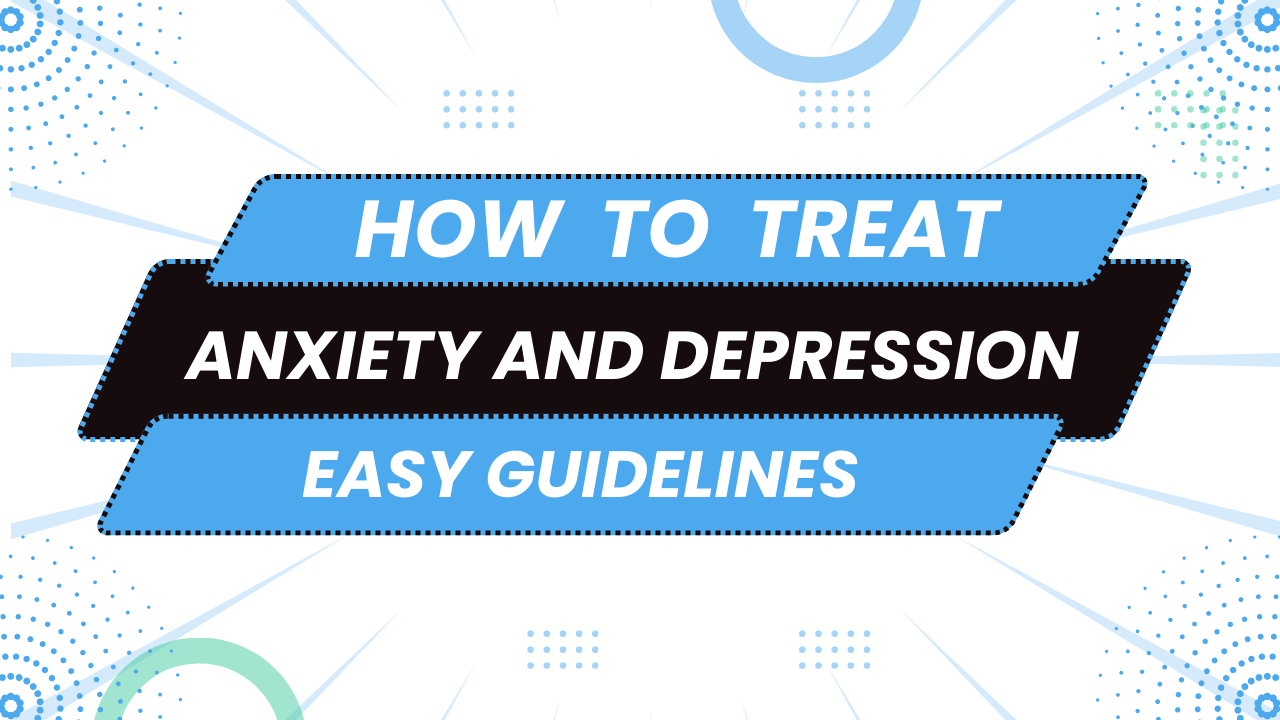
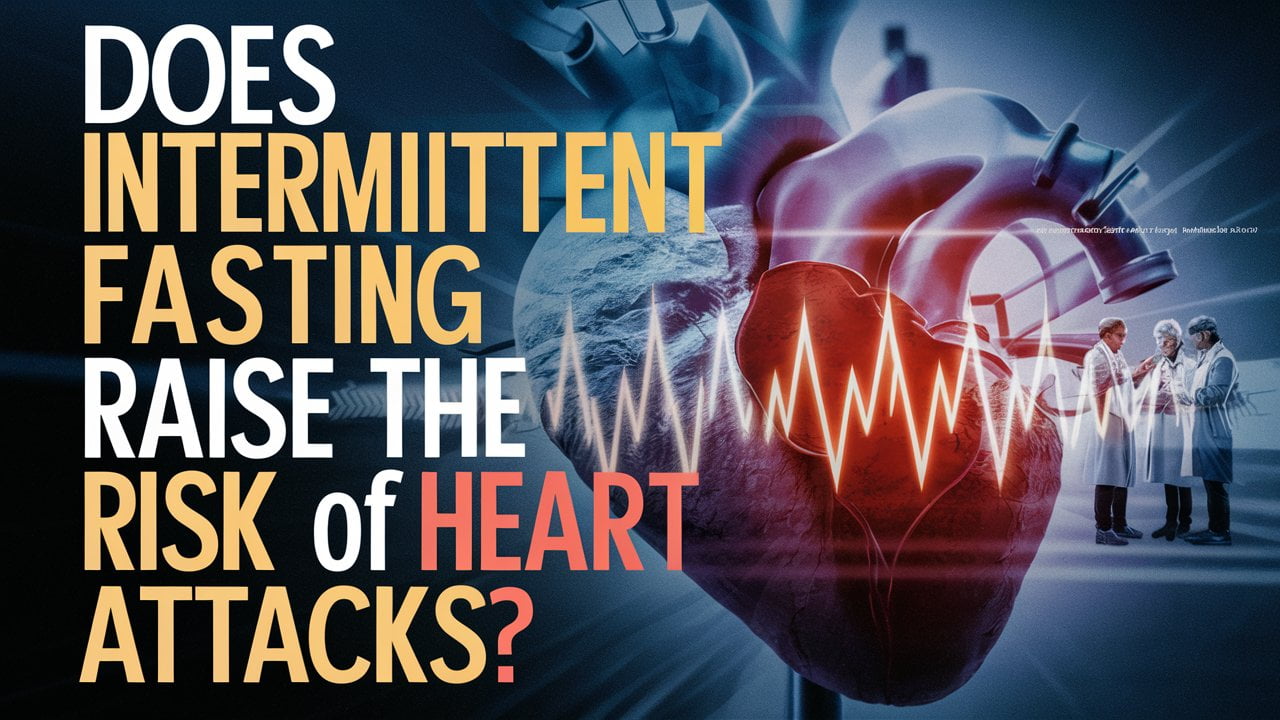
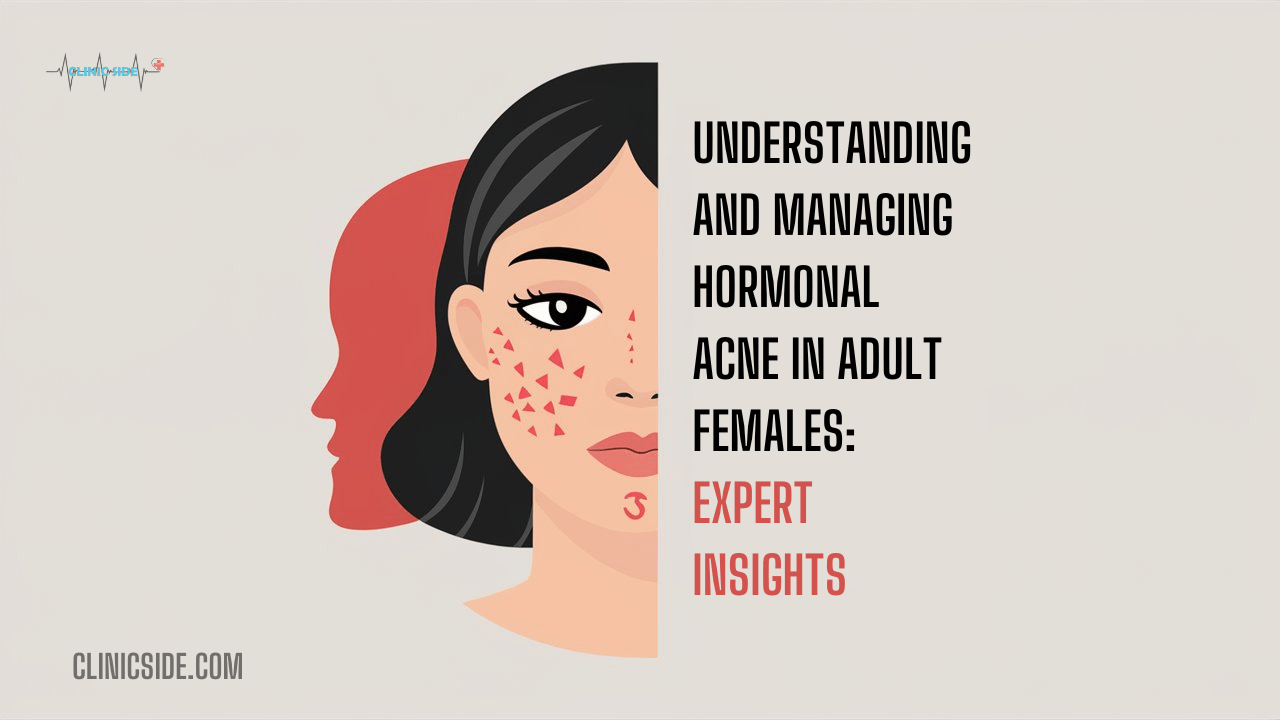
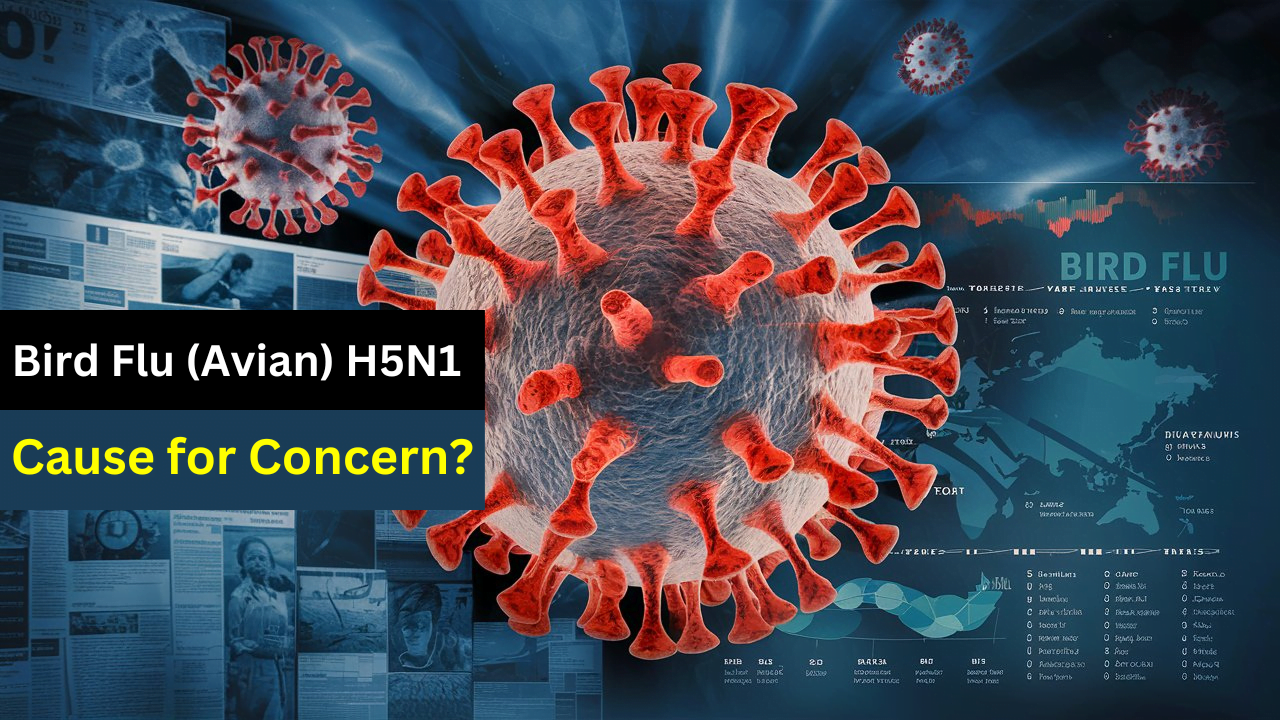
Thanks, it’s very detailed.
We appreciate your response! It’s good to know that you found the article informative. We strive to give a complete knowledge about testosterone and its different dimensions. If there is anything else you want to ask or if there are other subjects you would like us to tackle next, please don’t hesitate to inform us!
Is testosterone effect muscle growth?
Thank you for your comment! As we mentioned in this article, testosterone plays a crucial role in various aspects of health, including muscle growth, bone density, mood regulation, and sexual function.
This is awesome!
Fantastic site. A lot of helpful info here. I’m sending it to some buddies ans additionally sharing in delicious. And naturally, thanks on your sweat!